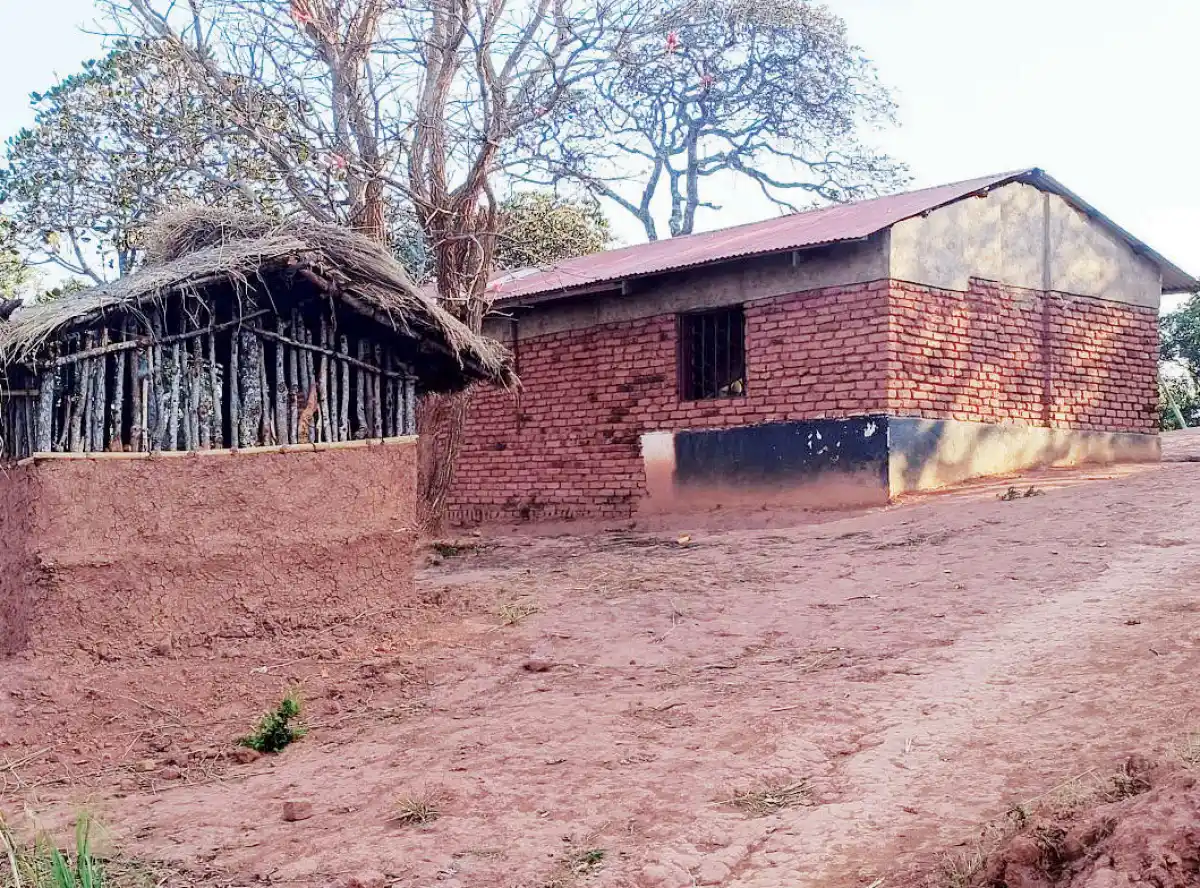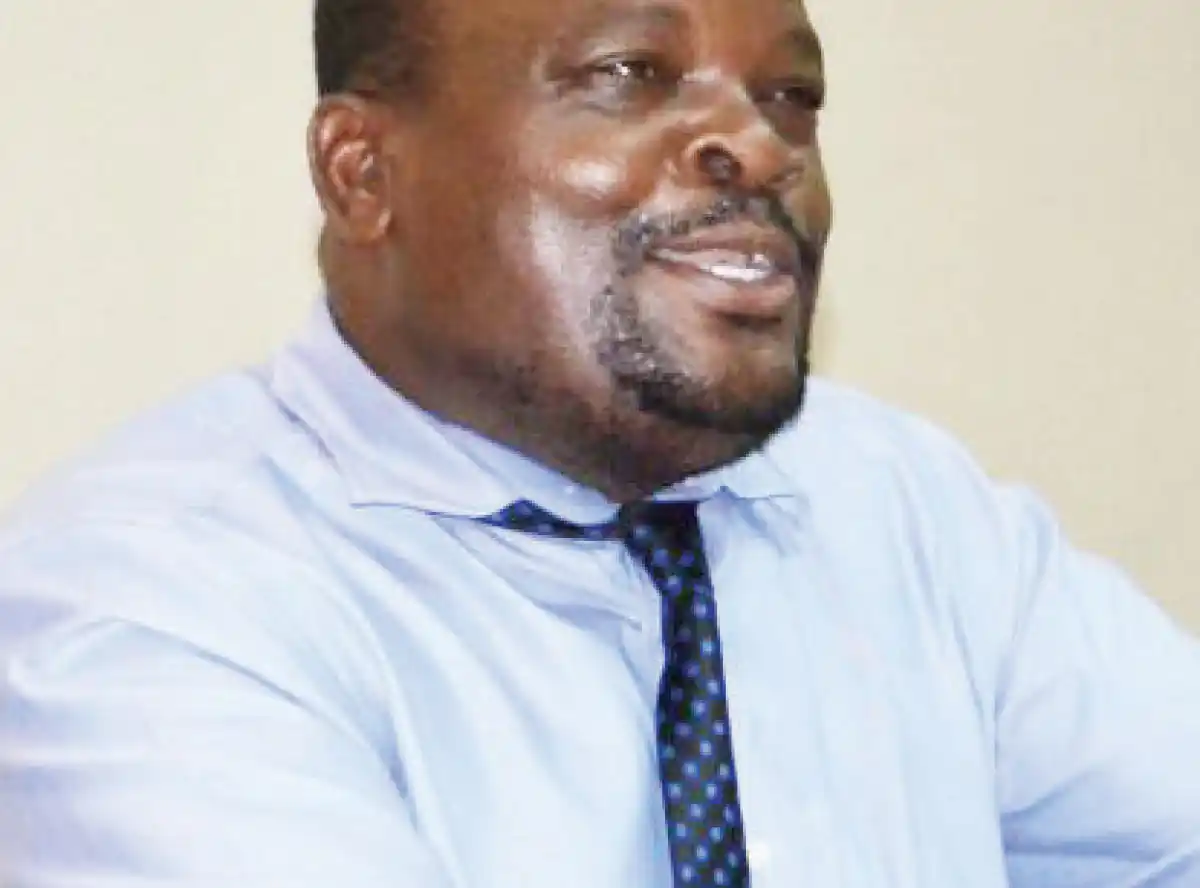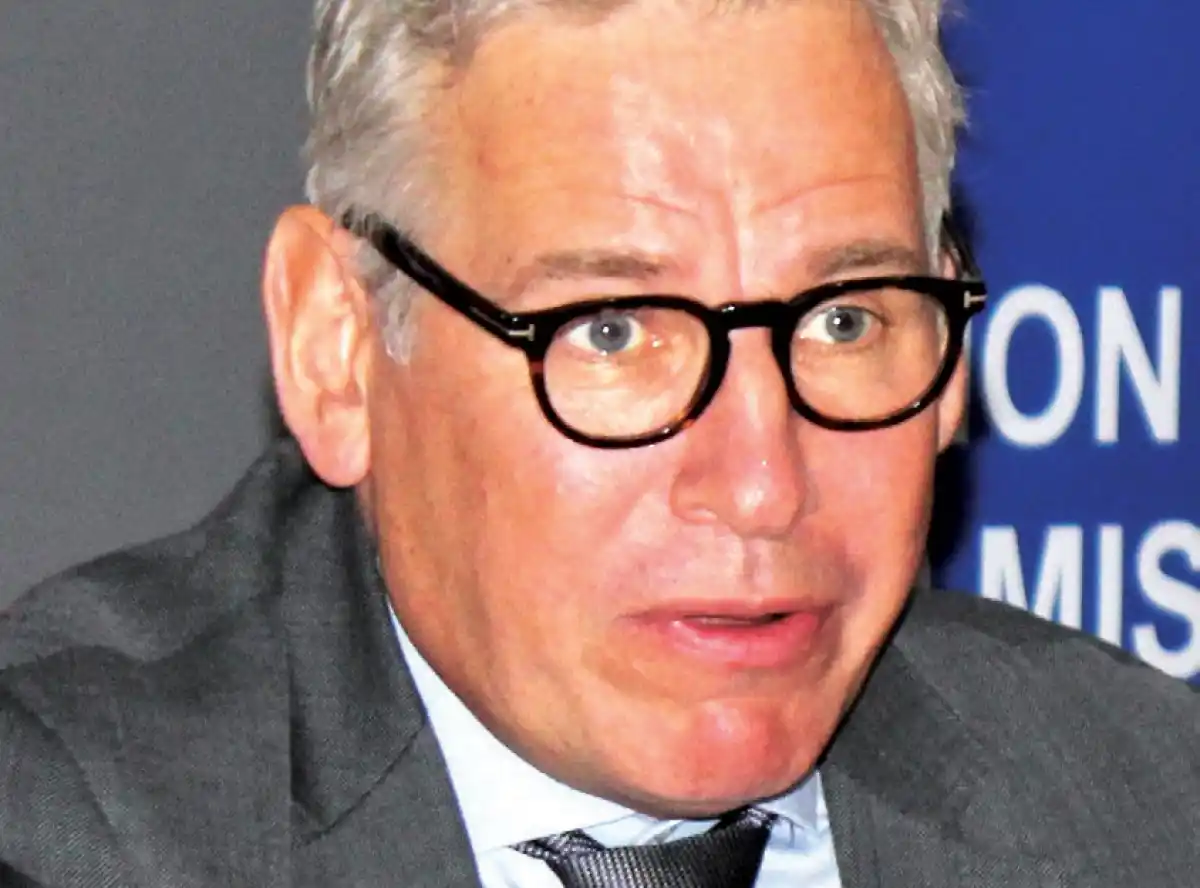

As some religious sects in Nkhata Bay advocate against formal schooling, parents face tough choices regarding their children’s futures. PATIENCE LUNDA explores the struggles of families caught between faith and education.
In the early years of childhood, learning is a boundless adventure. One effective way to ensure that children have the best possible start in life is through early childhood development (ECD) education.
However, a concerning trend has emerged in some remote areas of Changantole and Mtazi in Nkhata Bay District.
There, certain religious groups are actively discouraging communities from sending their children to school and accessing healthcare.
Evason Kayira, a father of two, admits that he stopped his children from attending formal education for two years after hearing a teaching from one of these religious groups.
Kayira recalls being advised to reconsider his decision, but he remained steadfast in his newfound faith.
“I sought clarification from other sources and now understand that the Bible does not prohibit children from attending school.
“That is why I have started sending them back. The initial decision was influenced by a sermon that claimed education is misleading and would hinder people from attaining Godly salvation,” he explains.
The children are now aged seven and 12.
Some chiefs from Changantole and Mtazi report that they started receiving these religious groups in 2021, who requested land to settle on. Shortly thereafter, their numbers began to grow.
Senior Group Village Head Nkhuweya of Changantole alleges that these groups identify themselves as ‘Country Living’ and ‘Seventh-Day Apostolic’.
Nkhuweya states that he warned these religious groups to cease their preaching against education and health-seeking behaviour, but his warnings went unheeded.
He adds that many community members have stopped sending their children to formal schools, instead enrolling them in institutions established by the religious groups.
“We have given them numerous warnings, but they remain adamant and continue their preaching. The unfortunate part is that many people in the area have started to listen to them, resulting in a significant decline in school attendance,” the local ruler explains.
Health Surveillance Assistant for the area, Justin Chirwa, says there are over 776 children under five in the Changantole, Mtazi and Makumbo areas.
However, data from community-based childcare centres (CBCCs) indicate that only 583 of these children participate in ECD-related activities.
Traditional Authority (TA) Zilakoma, in whose area the religious sects are, is aware of the groups and their opposition to education.
He, along with Nkhata Bay District Council, has instructed the groups to send their children to government schools or face eviction from their settlements.
Despite this, attempts to compel the two religious groups to comply have faced resistance.
“We will check with school authorities to confirm whether they have started sending their children to school.
“All community members who allowed their children to drop out are expected to send them back.
Chilomoni Township are experiencing severe water shortages.
A resident of the township, Mervis Lemani, described the situation as “extremely worrisome.”
“Since Monday, we have had either intermittent or no water supply at all. We are struggling to do household chores that require water and sanitation and hygiene are being affected,” Lemani said.
Blantyre Water Board (BWB) also confirmed in a statement that the water supply issues are a direct result of the power outages.
“Additionally, Chileka Pumping Station and our other substations within Blantyre have also been experiencing erratic power supply.
“These disruptions have significantly impacted our water supply system resulting in no inflows into our storage tanks. Consequently, most customers are now experiencing reduced water pressure or complete loss of water supply as tank levels continue to deplete,” BWB’s statement reads.
Malawi has recently enjoyed a stable electricity supply following the rehabilitation of Kapichira Hydropower Station, which was severely damaged by cyclone-induced flooding in early 2022.
The station adds some 130 megawatts (MW) to the national grid, bringing the total amount of installed power to around 500 MW, even though actual generation varies due to factors such as infrastructure challenges.
Meanwhile, Escom has started rationing power supply to its customers, particularly during peak evening hours, citing rising demand that exceeds the current capacity.
The power supplier recently disclosed that vandalism cost it K4 billion in the last two years in lost revenue and the replacement of distribution and transmission infrastructure.








0 Comments